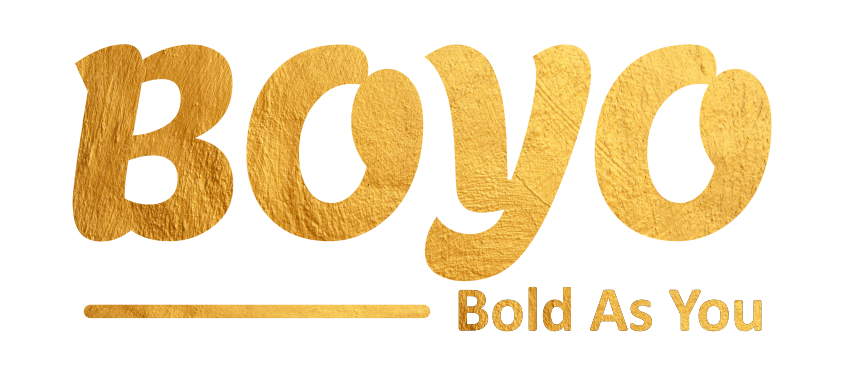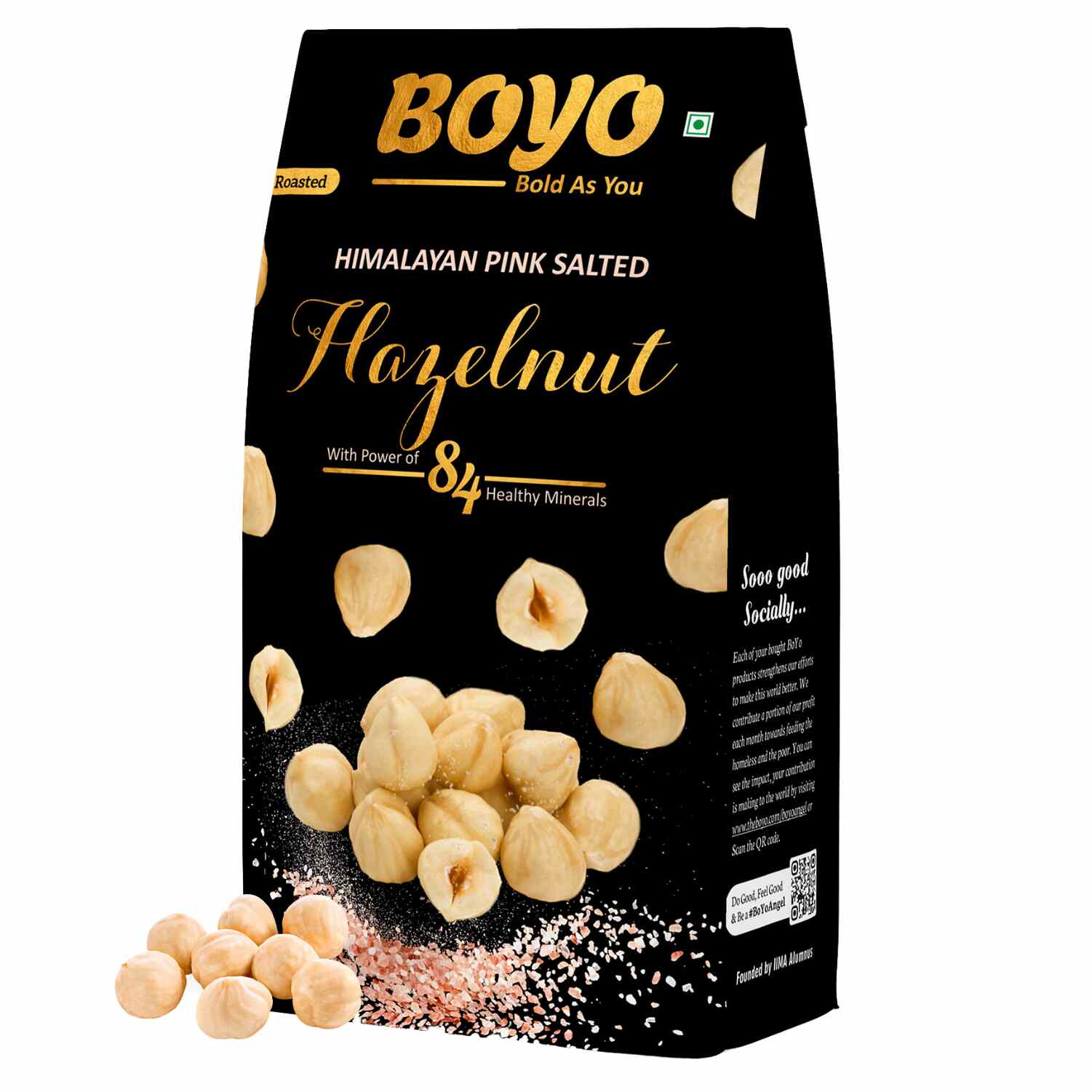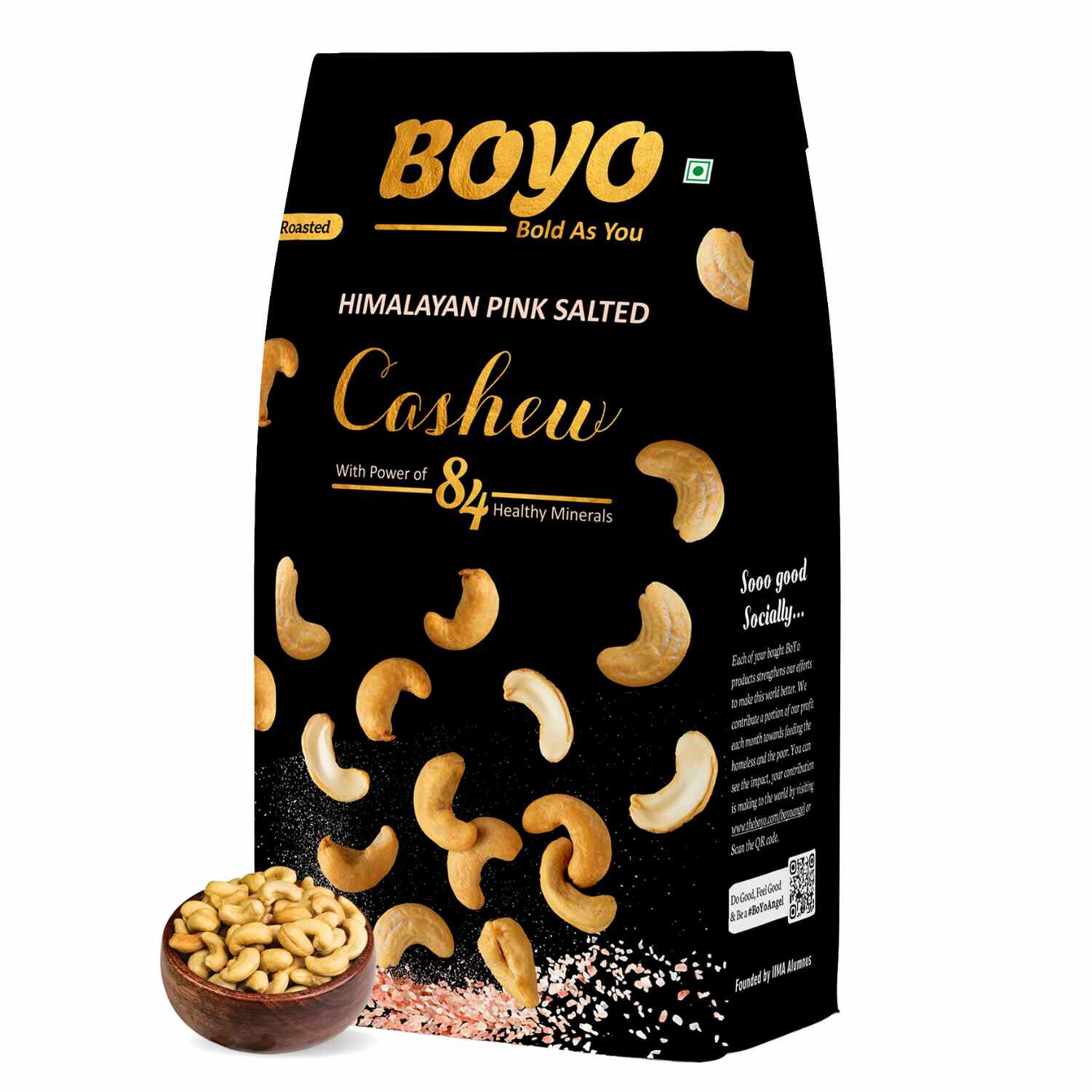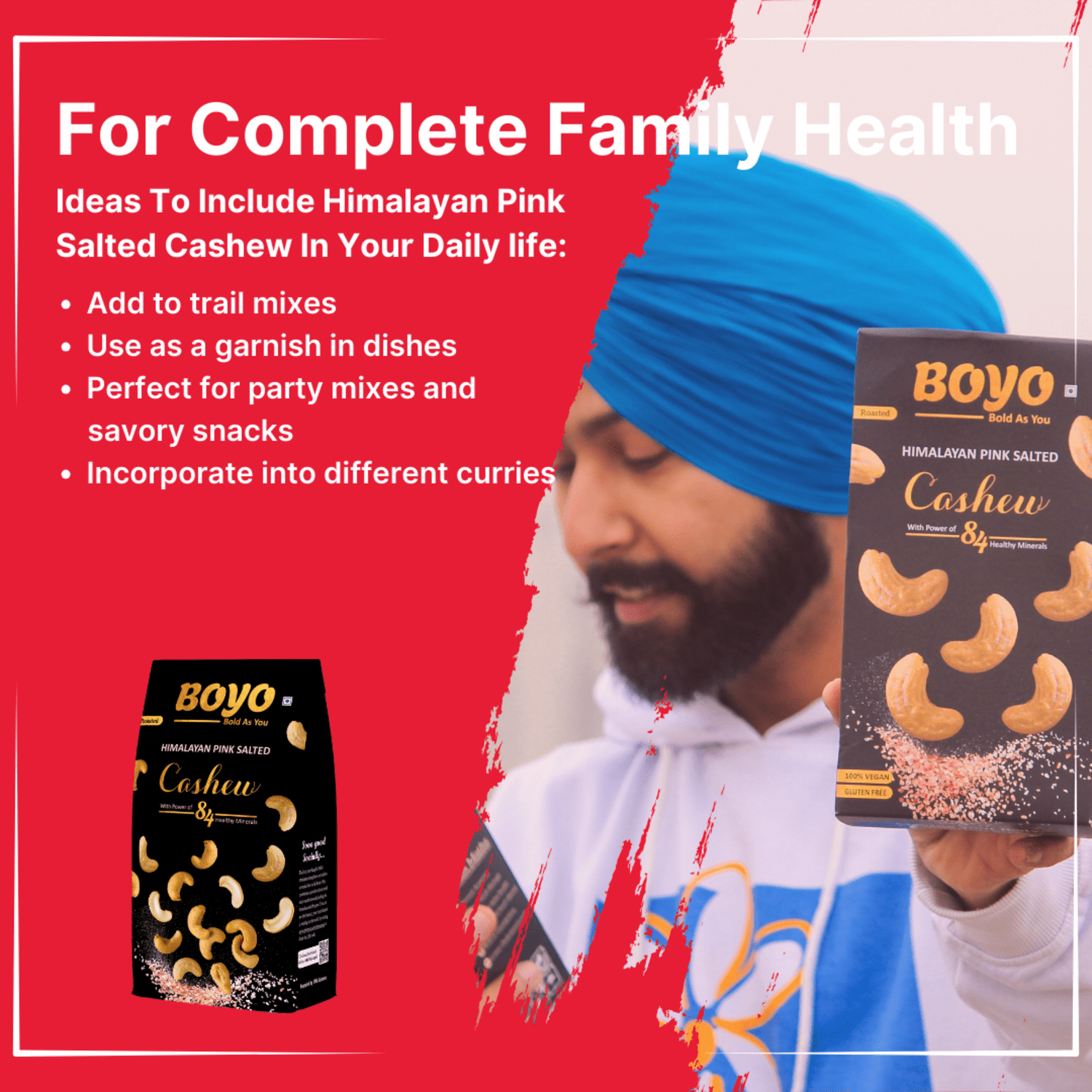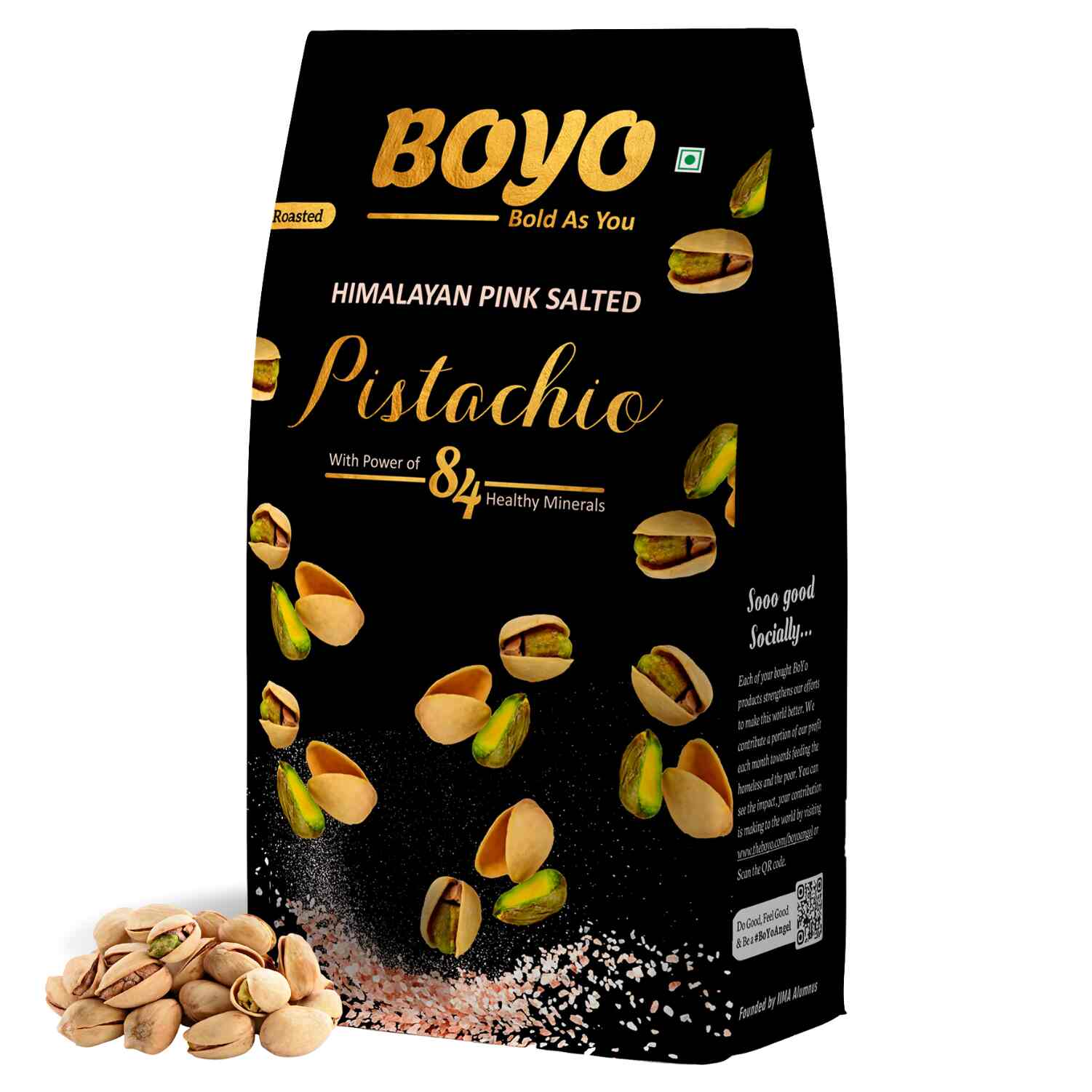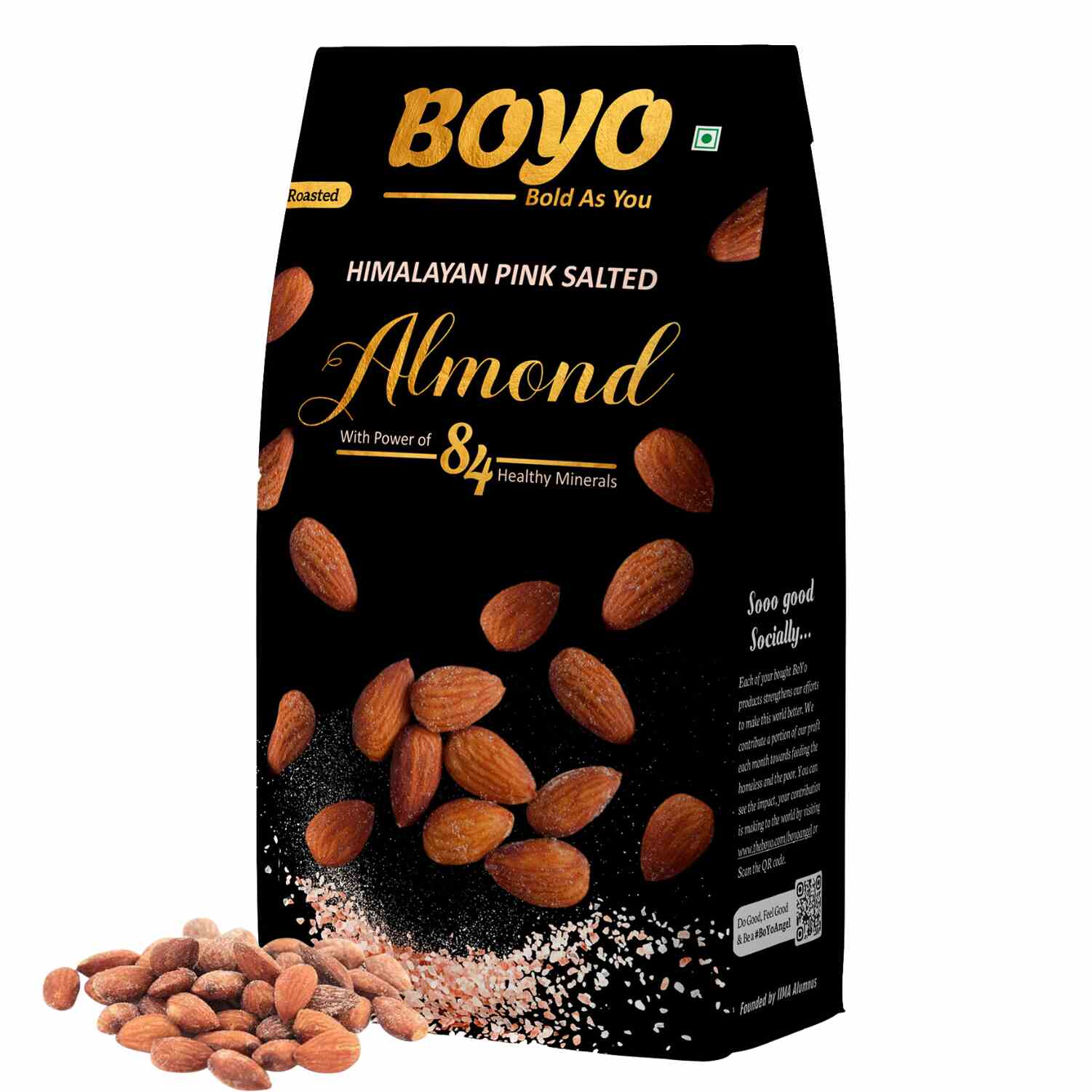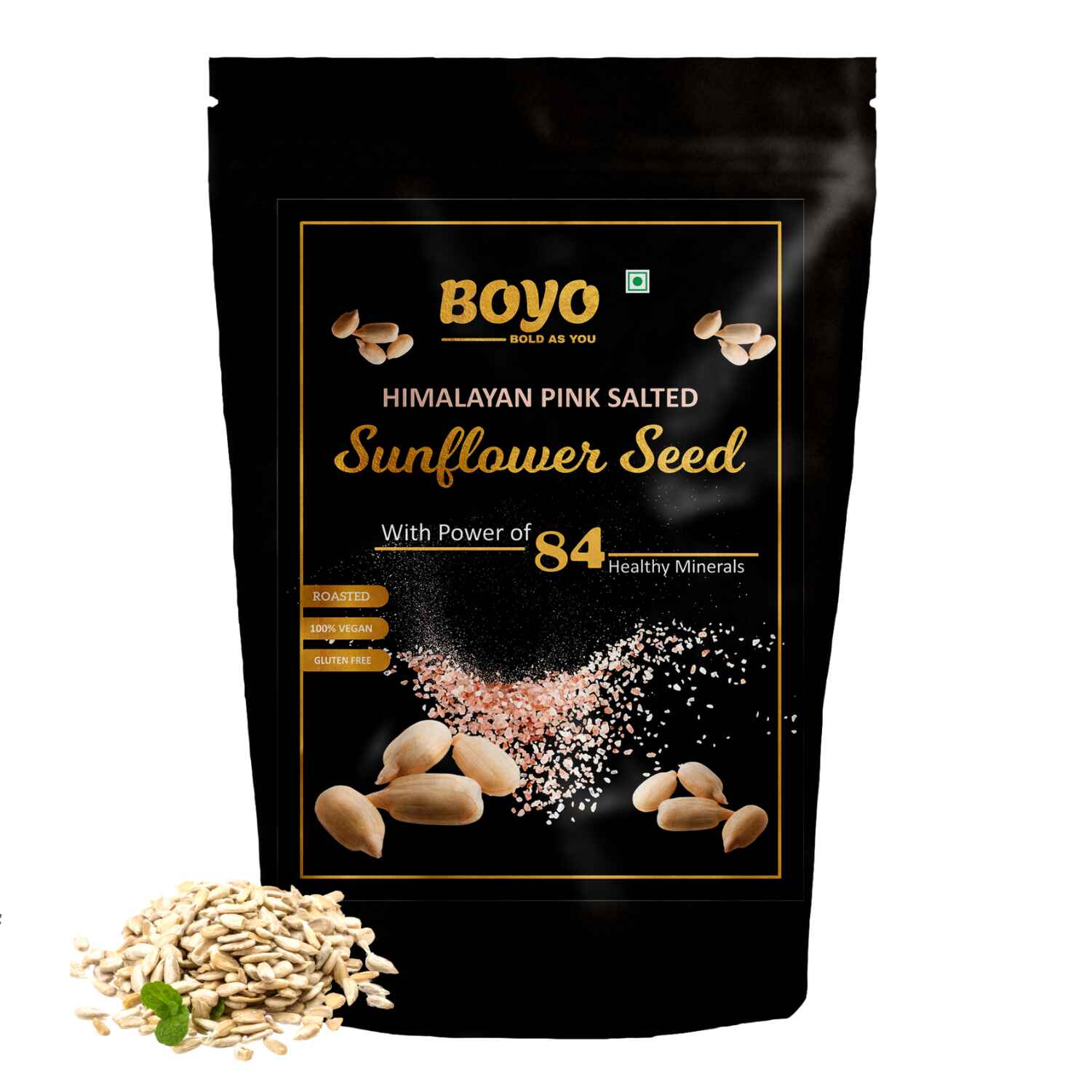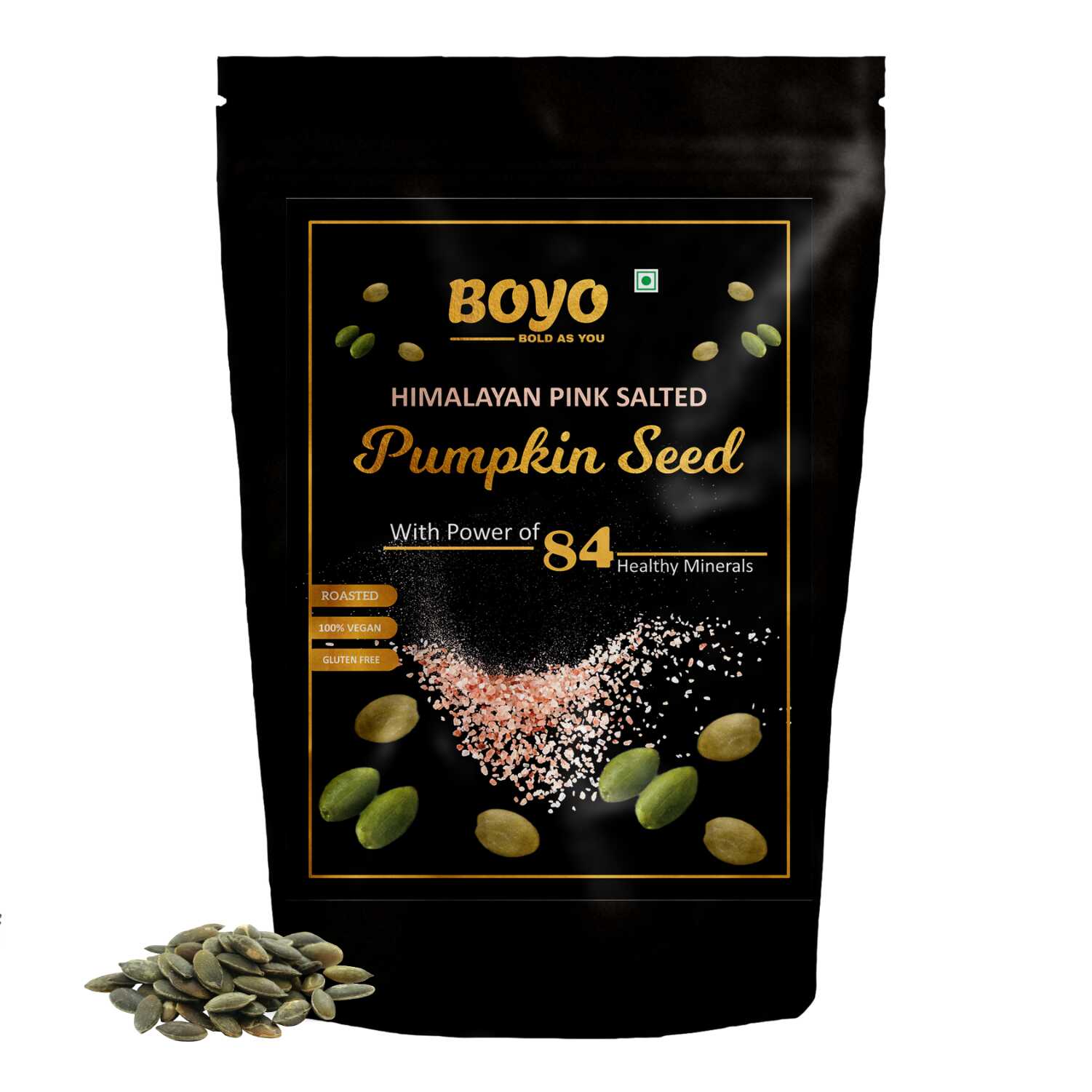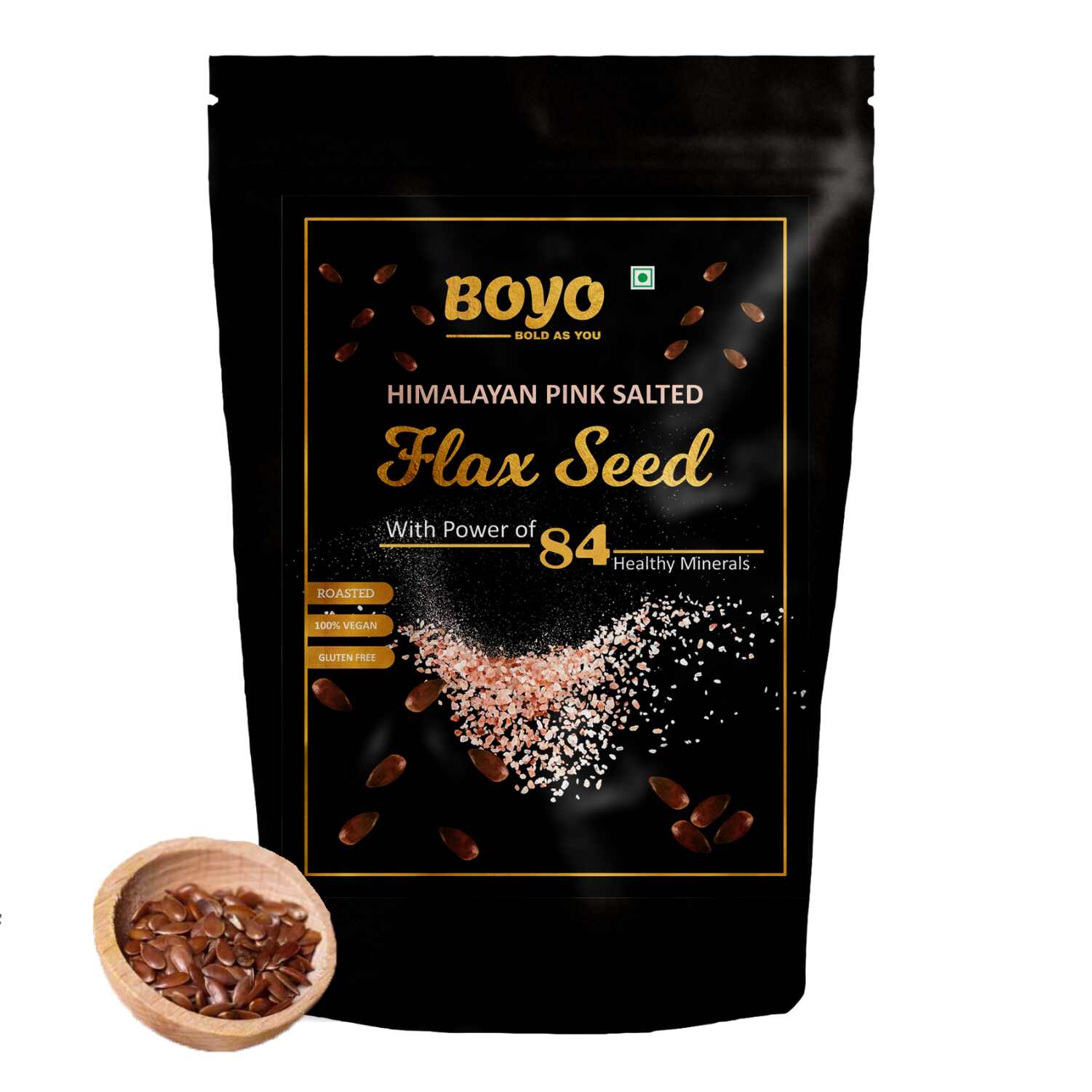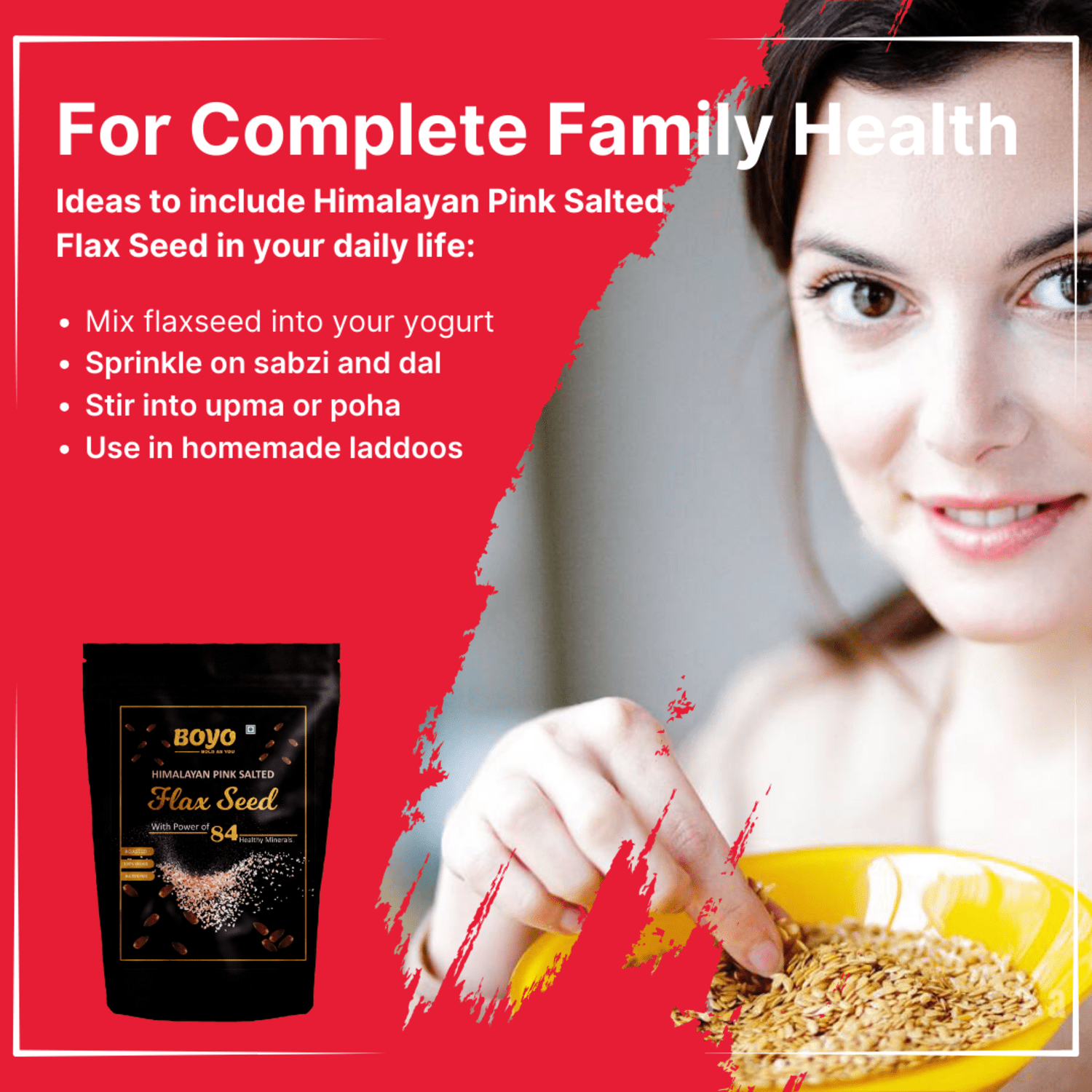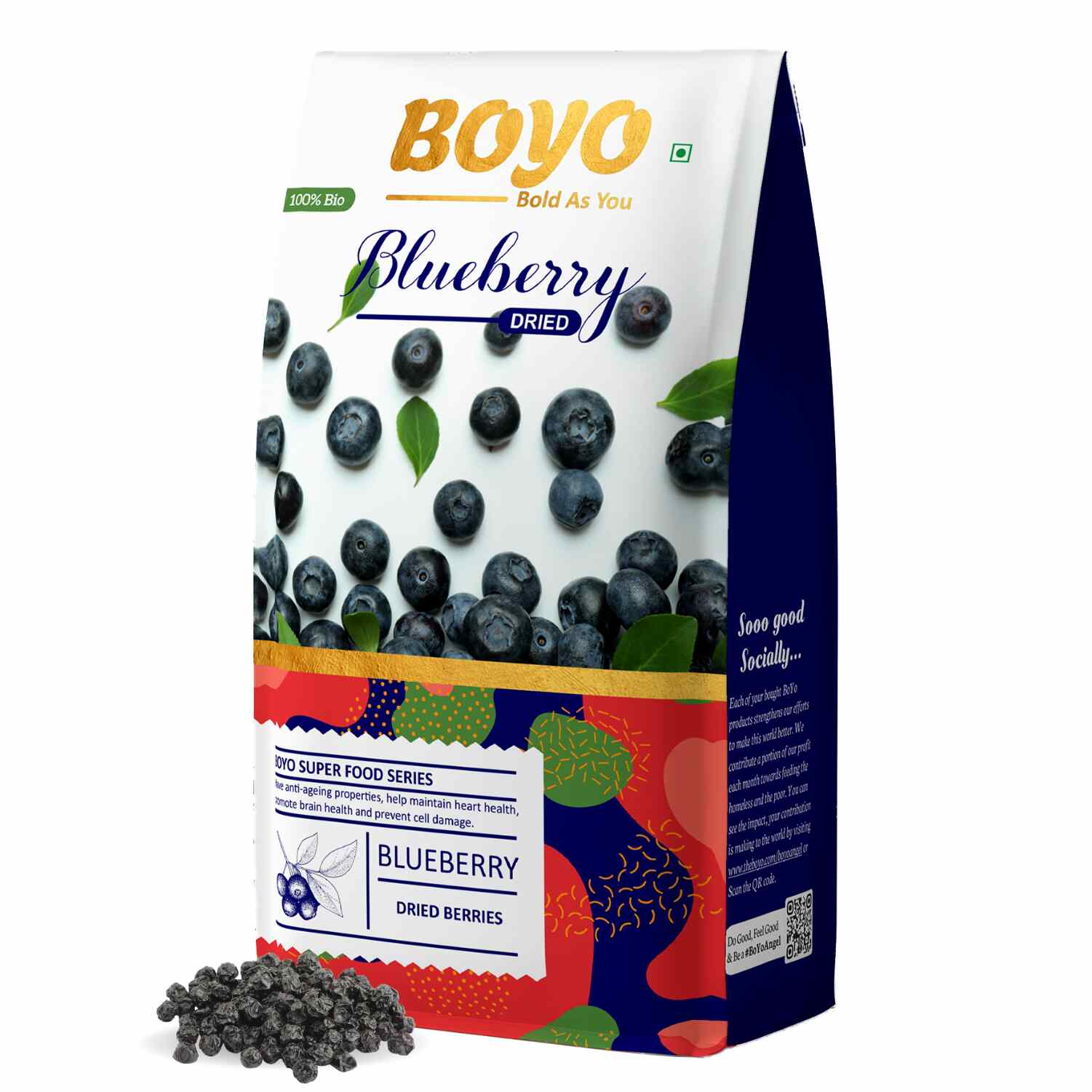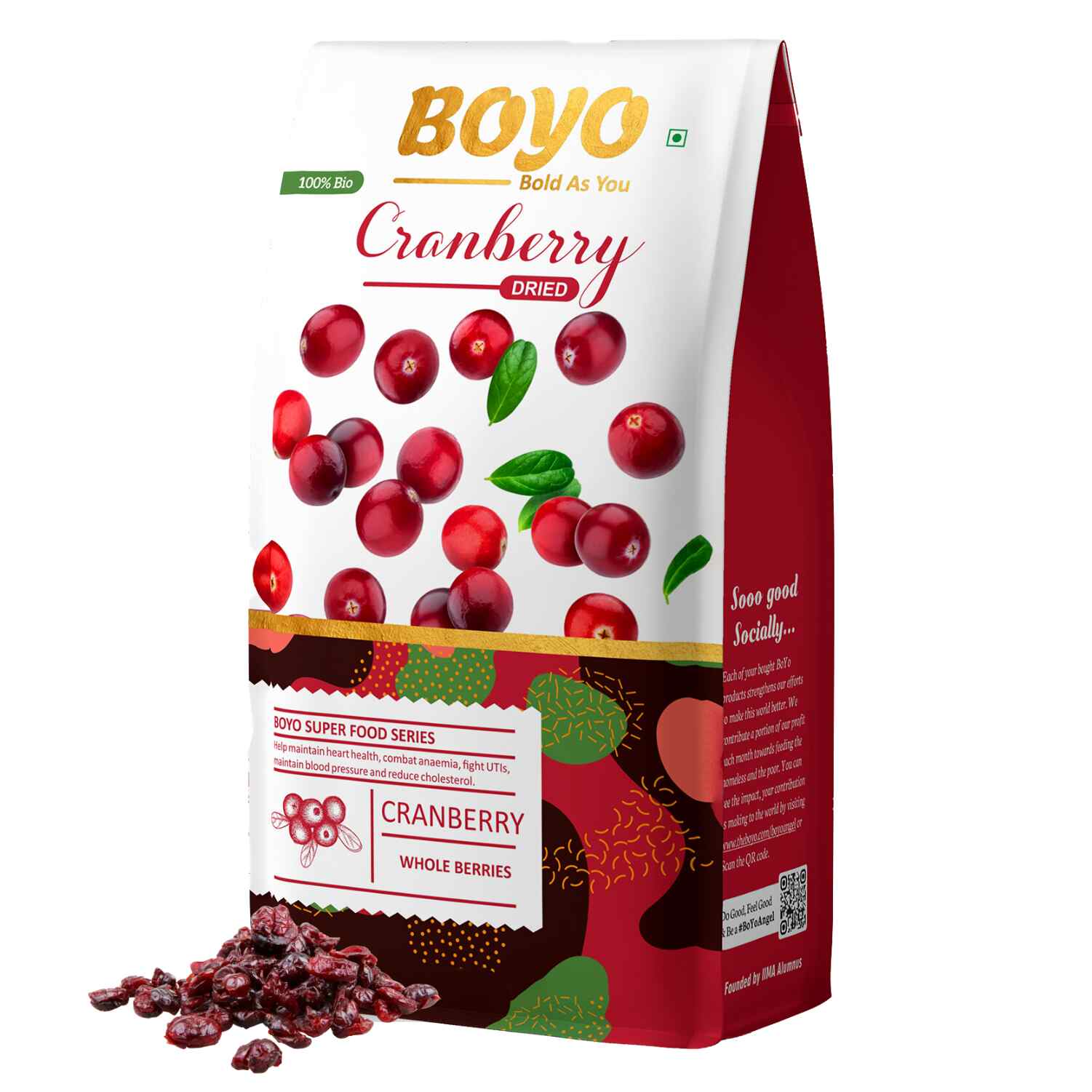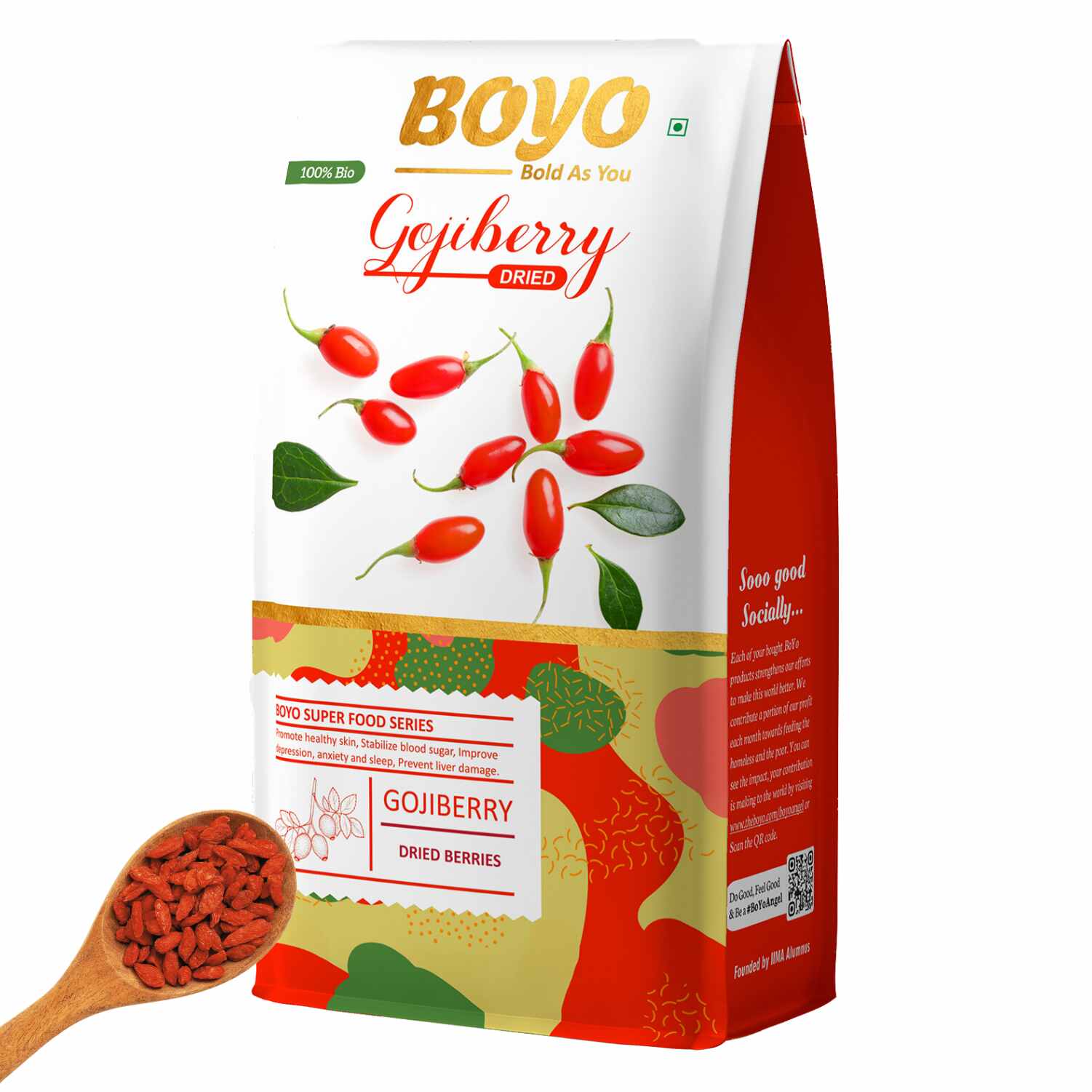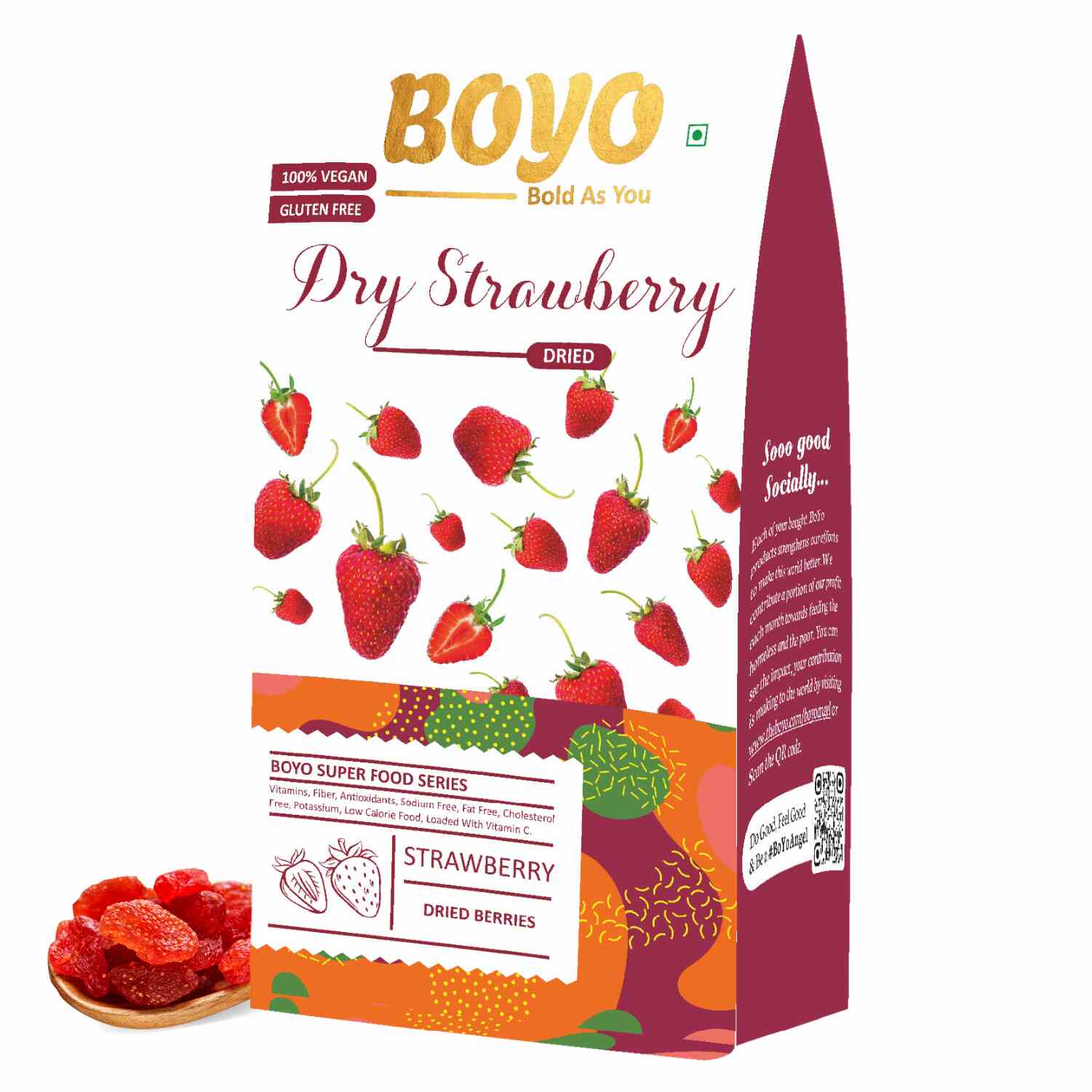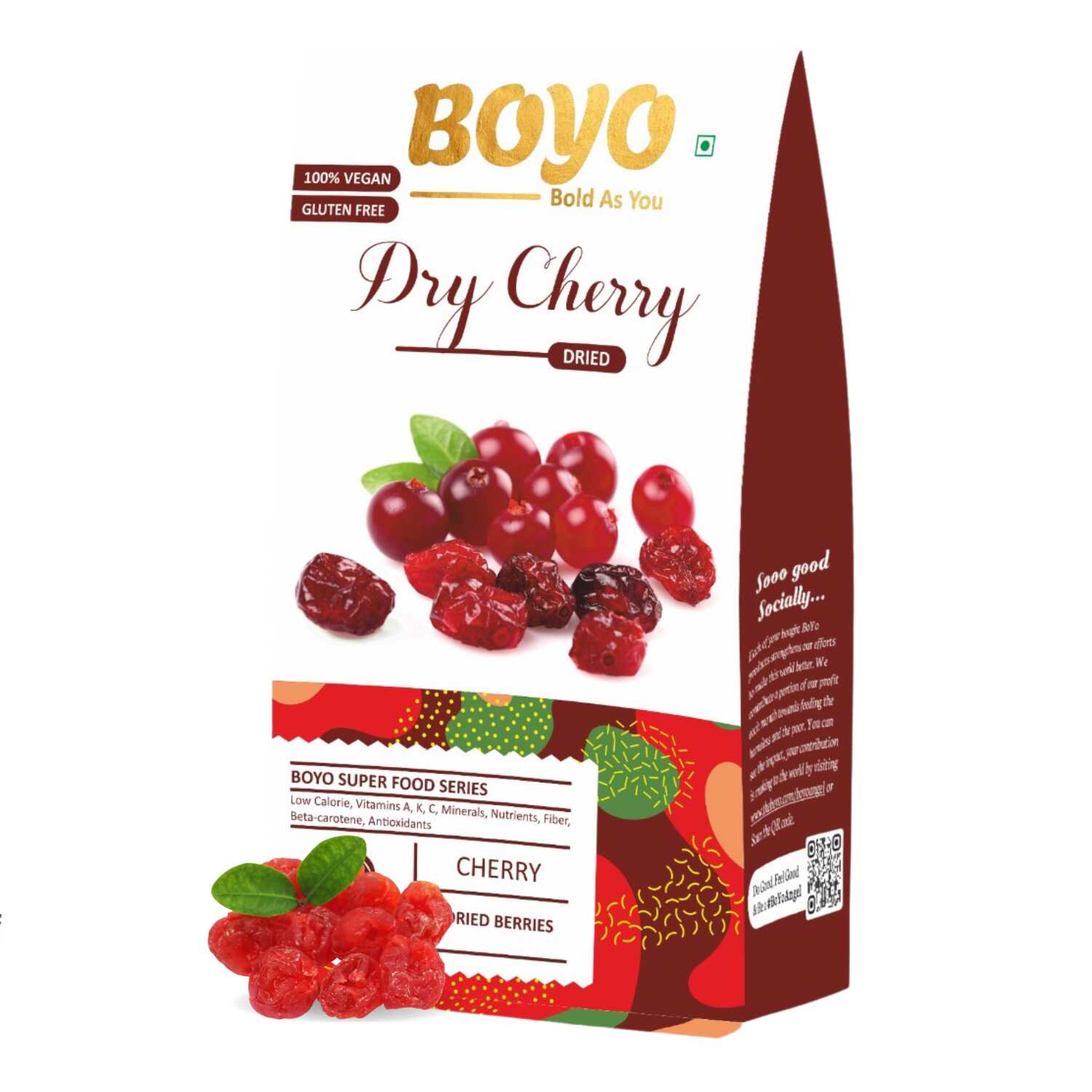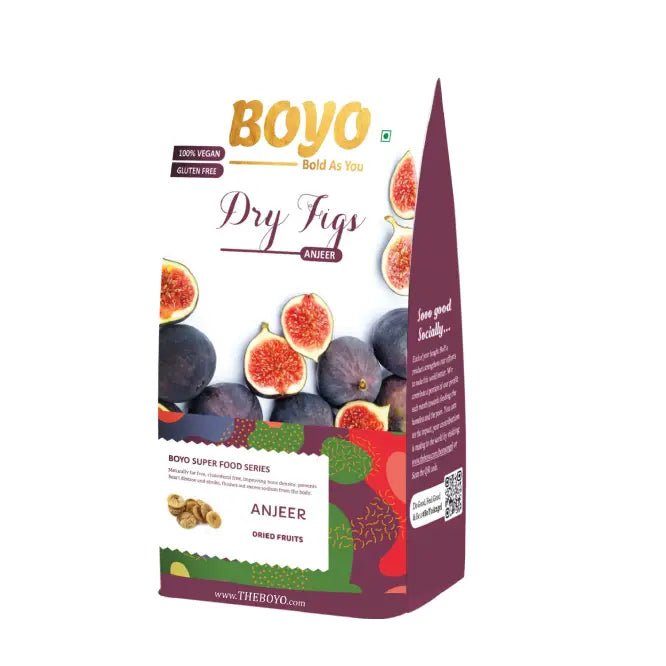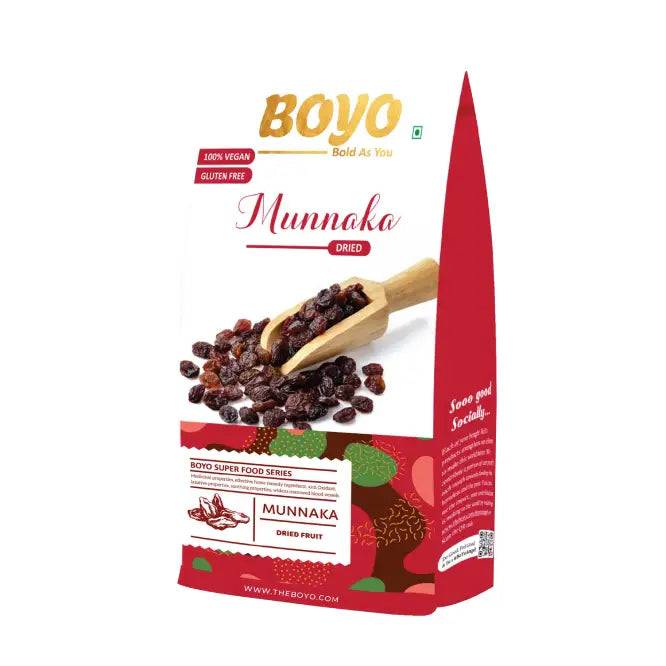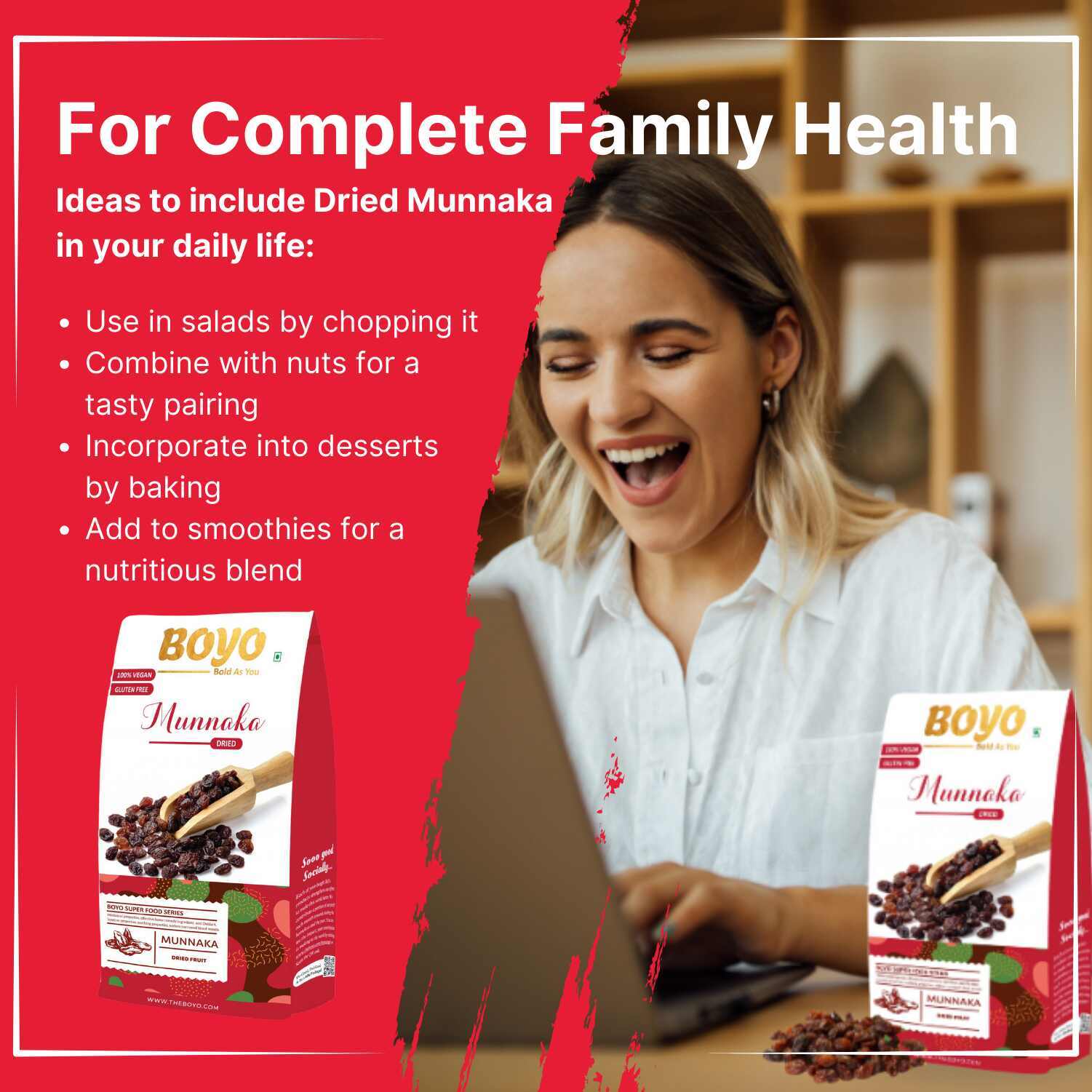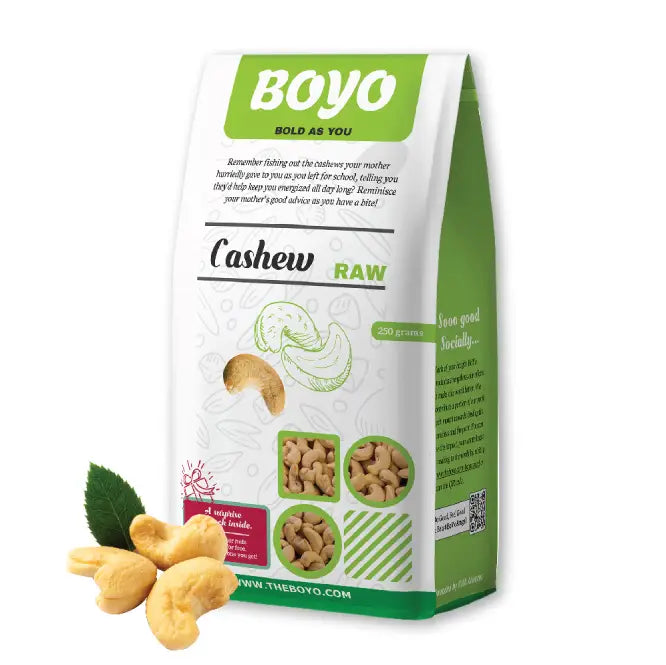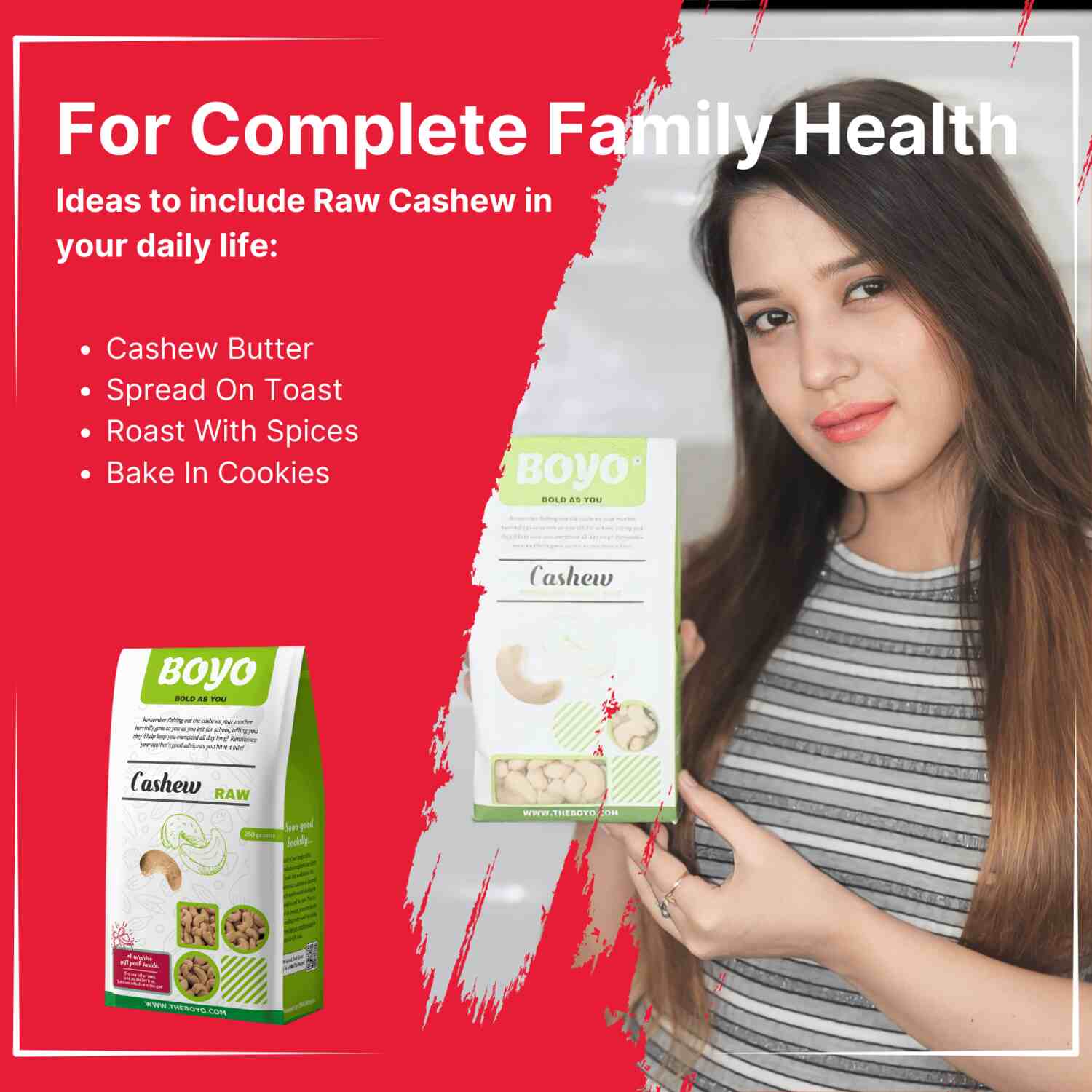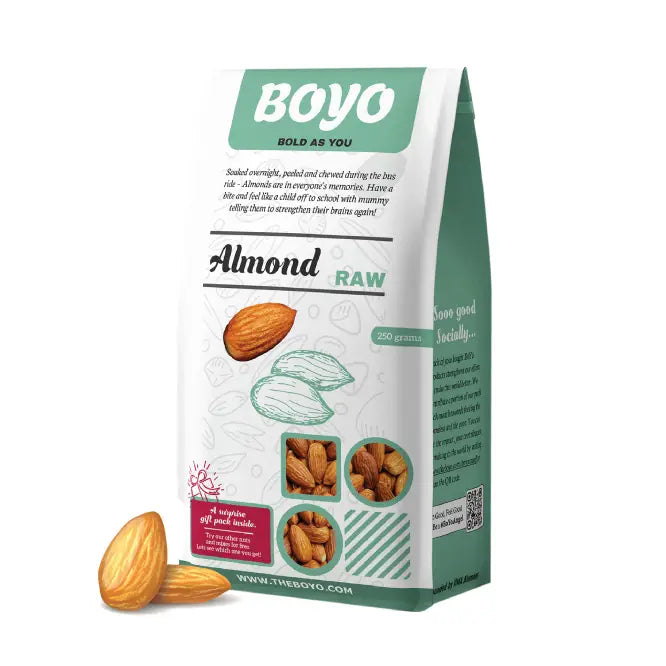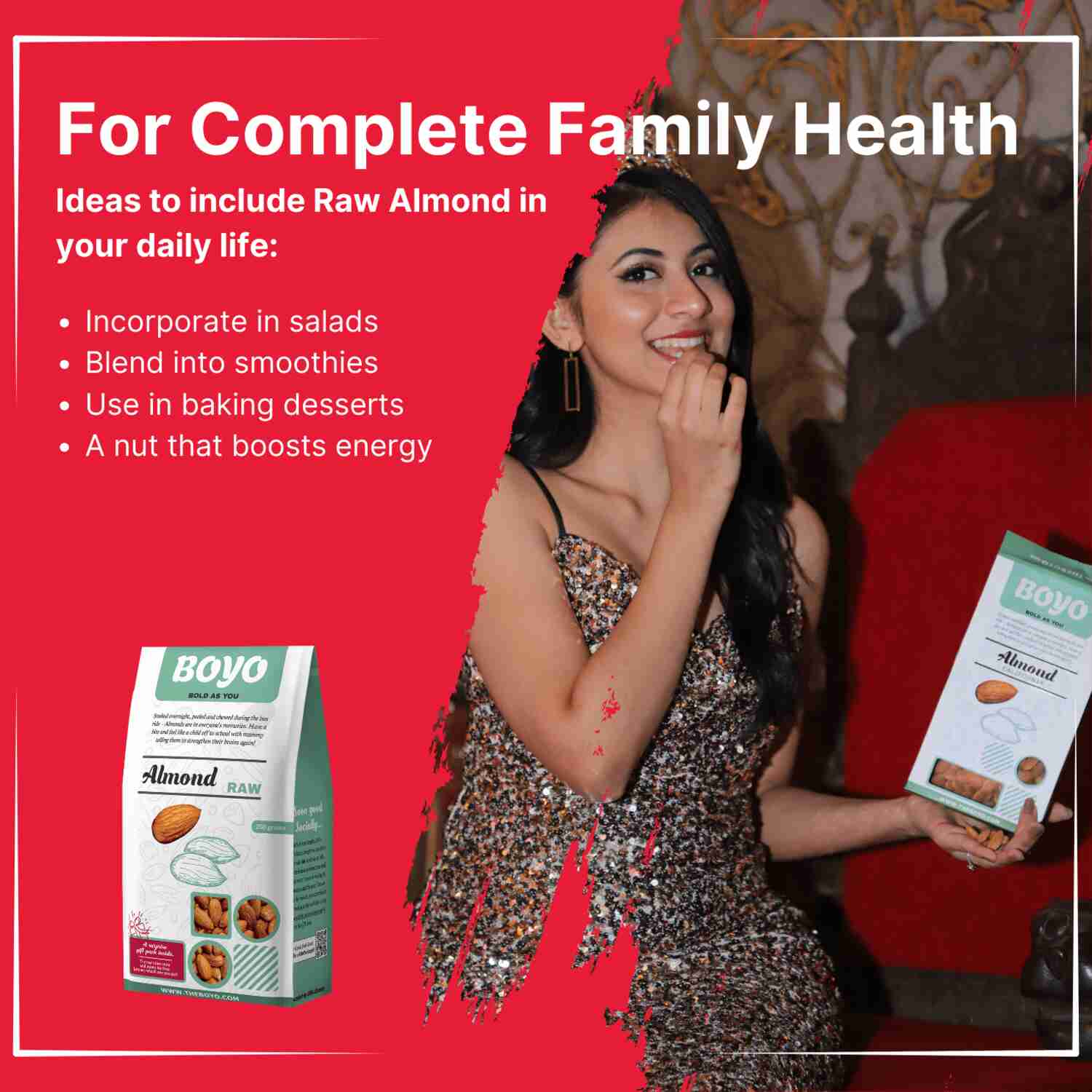Nutrition facts for 100 grams :
-
Calories: Around 588 calories.
-
Fat: Approximately 50 grams. Most of the fat is healthy monounsaturated and polyunsaturated fats, with a smaller amount of saturated fat.
-
Protein: Peanut butter is a good source of protein, providing around 25 grams per 100 grams.
-
Carbohydrates: Around 20 grams. This includes natural sugars (about 9 grams) and dietary fiber (about 6 grams).
-
Fiber: Peanut butter contains about 6 grams of dietary fiber, which supports digestive health.
-
Vitamins and Minerals: Peanut butter contains several important vitamins and minerals, including:
-
Vitamin E: An antioxidant that helps protect cells from damage.
-
Vitamin B3 (Niacin): Supports metabolism and brain function.
-
Vitamin B6: Important for brain health and metabolism.
-
Magnesium: Involved in various bodily functions, including muscle and nerve function.
-
Potassium: Supports heart health and helps regulate blood pressure.
-
Iron: Essential for transporting oxygen in the blood.
-
Sodium: The sodium content can vary depending on whether the peanut butter is salted or unsalted. Typically, it ranges from about 17 mg to 350 mg per 100 grams.
-
Added Ingredients: Some peanut butter may contain added sugars, oils, or preservatives. Natural or unsweetened peanut butter generally contains just peanuts and possibly a small amount of salt.
FAQ
1. What is regular creamy peanut butter?
Regular creamy peanut butter is a smooth and spreadable variant made from roasted peanuts, offering a classic, velvety texture.
2. How is regular creamy peanut butter made?
It is typically made by grinding roasted peanuts until smooth, with no added crunchy bits, resulting in a creamy and easy-to-spread consistency.
3. Is regular creamy peanut butter suitable for baking?
Absolutely! Regular creamy peanut butter is a versatile ingredient and can enhance the flavor and texture of various baked goods like cookies, cakes, and smoothies.
4. Can regular creamy peanut butter be used in savory dishes?
Yes, it can be used in savory dishes like satay sauces, peanut sauces for noodles, or as a flavorful addition to certain marinades and dressings.
5. Is there a difference between regular creamy and natural peanut butter?
Yes, regular creamy peanut butter often contains added stabilizers and sweeteners for smoothness, while natural peanut butter typically has just peanuts and sometimes salt, resulting in a more natural texture.












